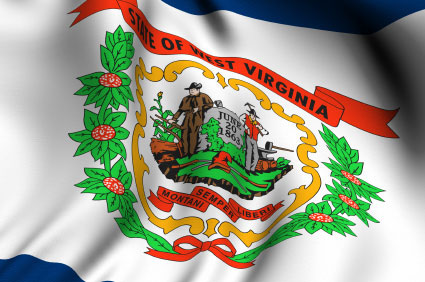Student Loans
Student Loans
College Loan Benefits
Applying for Loans
Choosing a Lender
Compare Loans
Borrowing Amount
Government Loans
Federal Loans
Government Loans
Stafford Loans
Perkins Loans
Federal Direct Loans
Low Interest Loans
Fed Loan Distribution
State Student Loans
Alternative
Alternative
Parent PLUS Loans
Graduate PLUS Loans
Home Equity
Major Lenders
Loan Organizations
Private Student Loans
ACS Student Loans
NelNet
Sallie Mae
Signature Loans
Loan Consolidation
Loan Consolidation
Consolidation Benefits
Consolidation for Graduate Students
Loan Repayment
Repayment Options
Loan Grace Period
Student Loan Discounts
Loan Cancellation
Student Loan Precautions
Loan Forgiveness
Defaulted Loans
Getting Out of Default
Loan Deferment
Loan Forbearance
When it comes time to plan for college, most students will need to consider some manner of financial aid. Few students can afford to pay for college out of pocket, and even with grants and scholarships you may find your funds falling short of the mark. Student loans can help bridge the financial gap, and can provide the much needed funds to cover a student's college costs.
The West Virginia Higher Education Policy Commission, or WVHEPC, provides much needed information and guidance for resident students considering loans to help pay for their college education. The WVHEPC offers the following information:

All students considering loans for their college education should should make Federal loans their first priority. To apply for any of the Federal loan programs, students must complete the Free Application for Federal Student Aid, or FAFSA. Most applicants will qualify for some level of Federal financial aid. Only after all federal options have been exhausted should students consider supplemental or alternative student loans.
The most common Federal loan programs include:
You can learn more about Federal student loan programs by referring the go College's Guide to Federal Student Loans.
Many students may find that Federal loans and grants will not meet all of their college financial needs. The West Virginia Higher Education Policy Commission can match students to partnering private lending institutions offering competitive low cost education loans. These private lenders are sanctioned by the state of West Virginia, and offer student loan packages through all of the state's colleges and universities.
The state of West Virginia offers one state subsidized loan, the Medical Student Loan, which is administered at the Marshall University School of Medicine, the West Virginia University School of Medicine and the West Virginia School of Osteopathic Medicine. This state sponsored loan program allows students to borrow up to $10,000 per year to help cover the costs of their education.
West Virginia residents searching for student loan programs will want to visit the West Virginia Higher Education Policy Commission for more information on private lender loans, Federal loans and other financial aid opportunities.